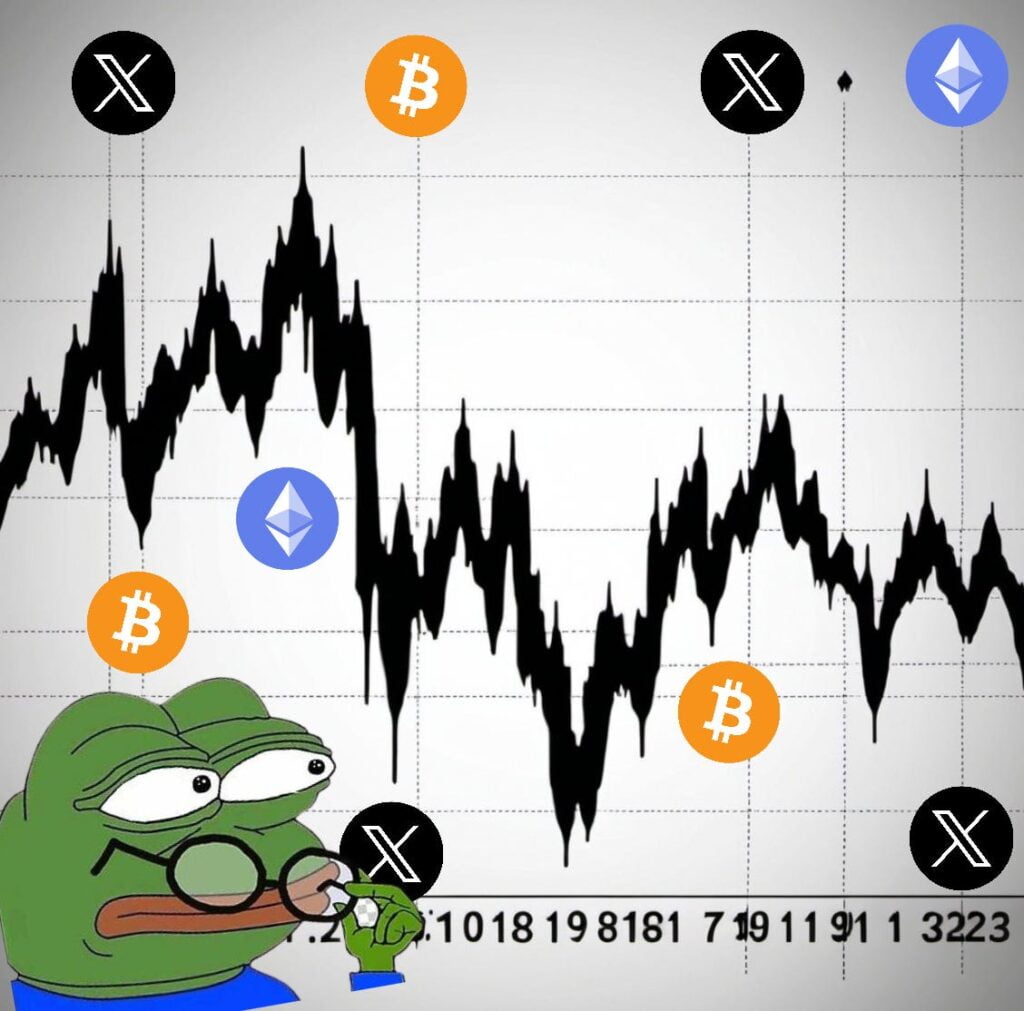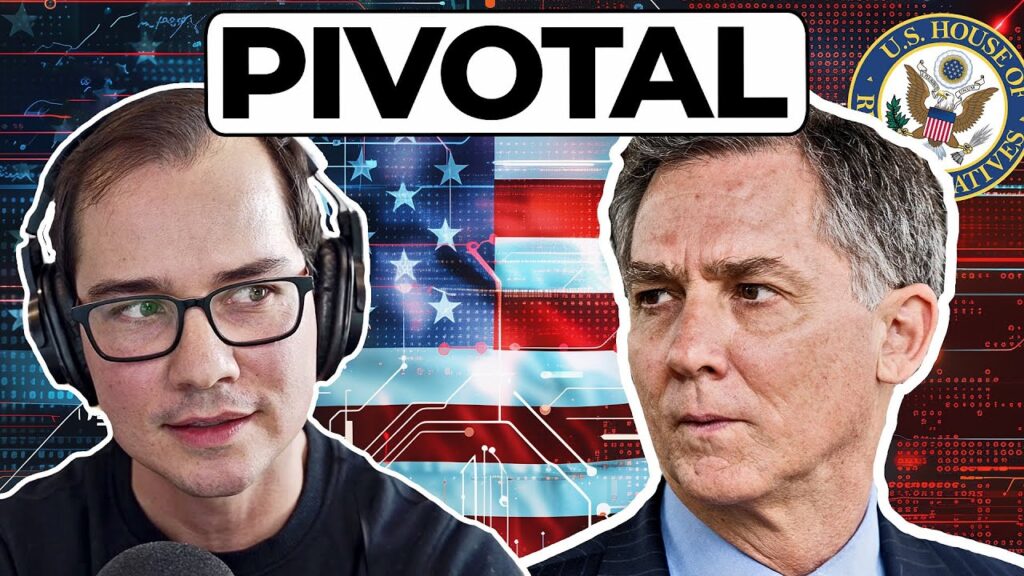Podcast Summary
This podcast features a conversation with Imam Dr. Omar Suleiman, a Palestinian American, Muslim scholar, civil rights leader, and president of the Yaqeen Institute for Islamic Research. The discussion centers on the ongoing conflict in Gaza and Palestine, the biased media coverage, and the plight of Palestinians. Dr. Suleiman also shares his personal experiences and perspectives on the issue.
Key Takeaways
Understanding the Palestinian Plight
- Root Causes of Conflict: Dr. Suleiman emphasizes the importance of understanding the root causes of the Israeli-Palestinian conflict and the ignorance surrounding the Palestinian plight. He criticizes the biased coverage of the conflict in the Western media, which often fails to provide a comprehensive view of the situation.
- Displacement and Dispossession: Settlements in the West Bank are highlighted as a crucial aspect of the broader Palestinian issue, emphasizing the displacement and dispossession of Palestinians from their homes.
Impact of the Conflict on Palestinians
- Emotional Toll: The conversation sheds light on the emotional toll and the sense of agony experienced by Palestinians worldwide as they witness the suffering of their people. Dr. Suleiman expresses his frustration at not being able to physically help in crisis situations like the one in Gaza.
- Resilience Amidst Suffering: The speaker highlights the bravery and resilience of a Palestinian journalist named W, who has experienced imprisonment, airstrikes, and the loss of his family, yet continues to report on the situation in Gaza.
Criticism of International Community and Media
- International Inaction: Dr. Suleiman criticizes the international community for their lack of action and calls for a ceasefire, stating that those who remain silent are losing their humanity.
- Media Bias: The speaker criticizes the media’s focus on a potential global day of jihad and the portrayal of Muslims as violent, which may have influenced the attacker. He also points out the double standard in media coverage and public response to crimes committed by Muslims compared to crimes committed against Muslims.
Call for Justice and Accountability
- Need for Accountability: The speaker discusses the need for effective international bodies to hold parties accountable for violence and assign blame properly. He calls for proper investigative bodies and international bodies of accountability to bring about more peace and justice.
- End to Occupation and Apartheid: The speaker rejects the idea that acts of kindness alone can solve the issue, emphasizing the need to end the occupation and apartheid. He advocates for Palestinian self-determination and the pursuit of justice, rather than focusing solely on the future security of Israel.
Impact on Muslim Community in America
- Islamophobia: The speaker describes the current climate for Palestinians and Muslims in America, noting a return to the dehumanization and disregard for their humanity experienced after 9/11.
- Political Consequences: The speaker states that Biden is losing the support of the Muslim and Palestinian communities and that they will make their voices heard at the polls. He expresses his lack of support for Biden and the sentiment that voting in the US often comes down to choosing the lesser of two evils.
Sentiment Analysis
- Bearish: The overall sentiment of the podcast is bearish, particularly towards the international community’s response to the Israeli-Palestinian conflict, the biased media coverage, and the lack of accountability for acts of aggression and injustice. Dr. Suleiman criticizes the United States’ role in the conflict and the lack of action from both political parties.
- Neutral: While Dr. Suleiman expresses frustration and sadness about the ongoing violence, he also acknowledges the bravery and resilience of Palestinians. He emphasizes the importance of understanding the Palestinian perspective and encourages listeners to educate themselves about the situation.










